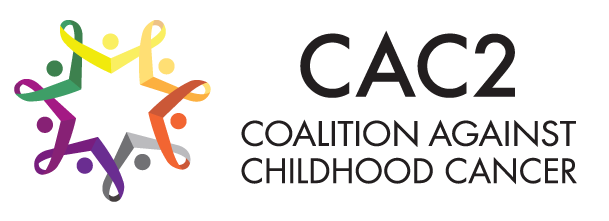Assorted News from the Last Week:
A pan-Canadian team has developed a new way to quickly find personalized treatments for young cancer patients, by growing their tumors in chicken eggs and analyzing their proteins. The United States Food and Drug Administration (FDA) has granted Rare Pediatric Disease Designation for NEO100 (perillyl alcohol) in the treatment of pediatric-type diffuse high-grade gliomas. Adolescents and young adults (AYAs) (aged 13-39 years) represent a growing segment of the cancer population who face distinct challenges in receiving care, leading to adverse treatment experiences and stagnant survival outcomes. Preventable pediatric cancer mortality surges in areas of armed conflict, exceeding rates in non-conflict regions. Pediatric palliative care (PPC) is an essential component of holistic care for children with cancer, and this article explores the status, challenges, and future directions of PPC for children with cancer in Italy. The Global Platform for Access to Childhood Cancer Medicines: addressing inequities in childhood cancer care. (gated) Children with congenital heart disease (CHD) have increased risk of developing cancer. A Phase I clinical trial demonstrated that a targeted approach to treating diffuse intrinsic pontine glioma (DIPG)using a radiation-based direct drug delivery approach to treat and image DIPG is safe. Upcoming Webinars, Online Opportunities, and Meetings:Take Action:
CAC2 Innovation Council Recommendation: Social Genomic Mechanisms of Health Disparities among Adolescent and Young Adult (AYA) Survivors of Hodgkin and Non-Hodgkin Lymphoma
Overview of the Opportunity: The study seeks to understand more about how the world that teen and young adult lymphoma survivors live in affects the outcomes of their cancer treatment.
The Requester: Study team led by Dr. Brad Zebrack, University of Michigan, School of Social Work
The Type of Request: Information sharing about an adolescent and young adult survivor study of health disparities.
The Ask: Inform CAC2 Members about the study called Social Genomic Mechanisms of Health Disparities among Adolescent and Young Adult (AYA) Survivors of Hodgkin and Non-Hodgkin Lymphoma that is currently recruiting 18 – 39 year olds who have completed treatment for Hodgkin or Non-Hodgkin Lymphoma and are within 3 years since the end of treatment. Distribute the informational flyer within members’ networks.
Supporting Documentation:
The study has two primary goals:
- Help develop approaches that improve the mental and physical quality of life for patients and survivors
- Help create more effective treatment and better survivorship care for young adult cancer patients
Informational Flyer for distribution: http://www.cac2.org/wp-content/uploads/2025/03/Adolescent_Young_Adult_Survivor_Study.pdf
Website: https://aftercancergenomics.org
3-minute video explaining the study: https://www.youtube.com/watch?app=desktop&v=xDlnWKvtkuU&feature=youtu.be

